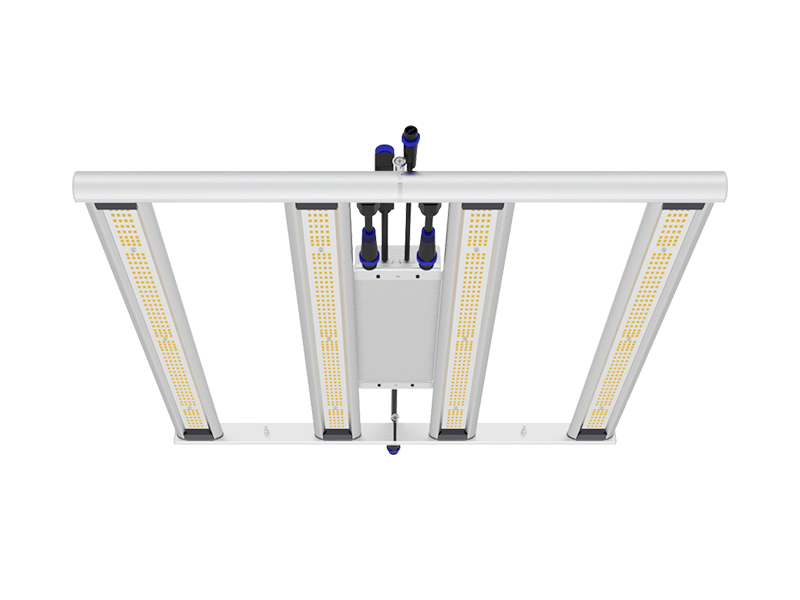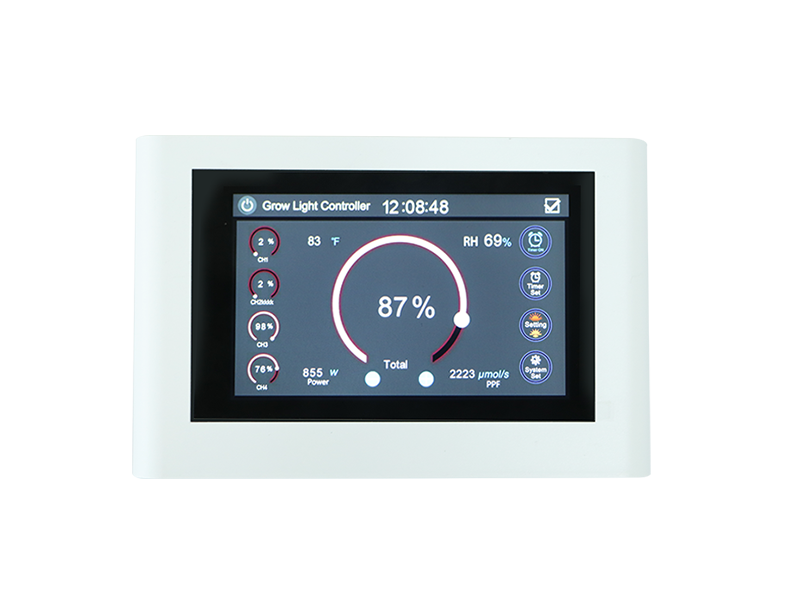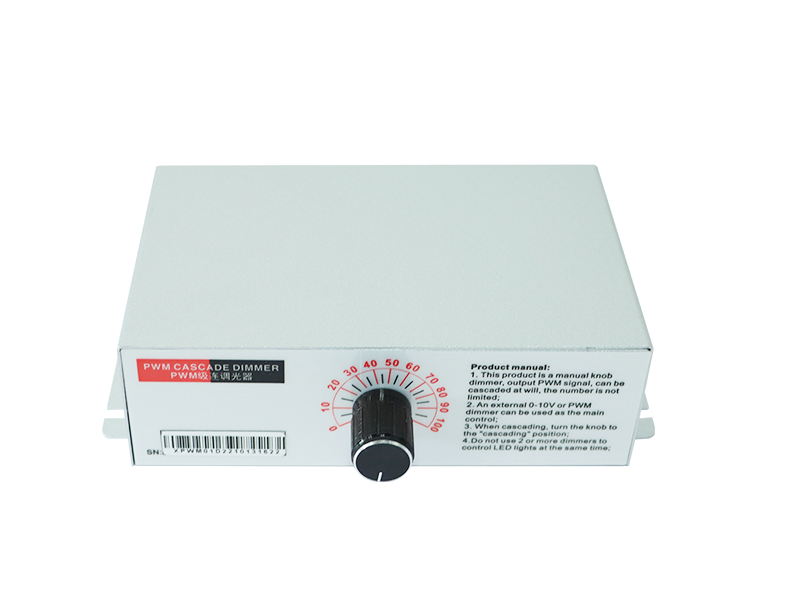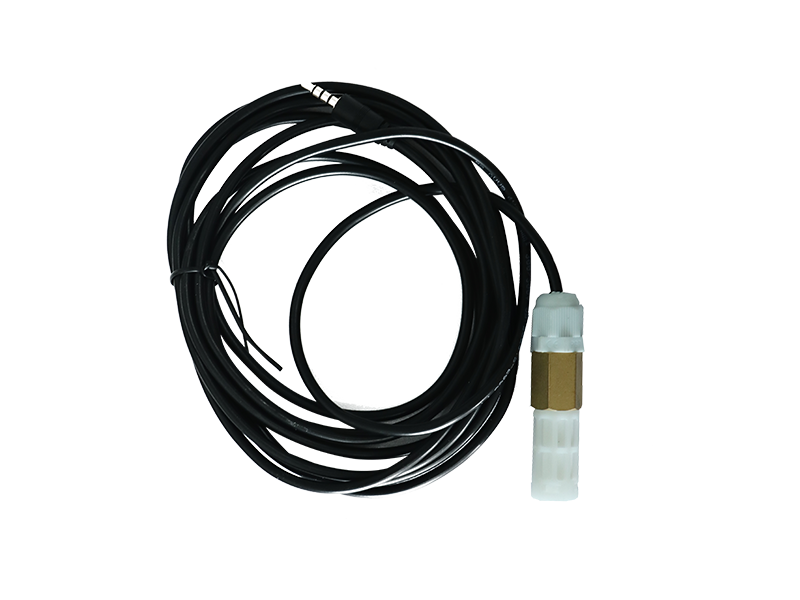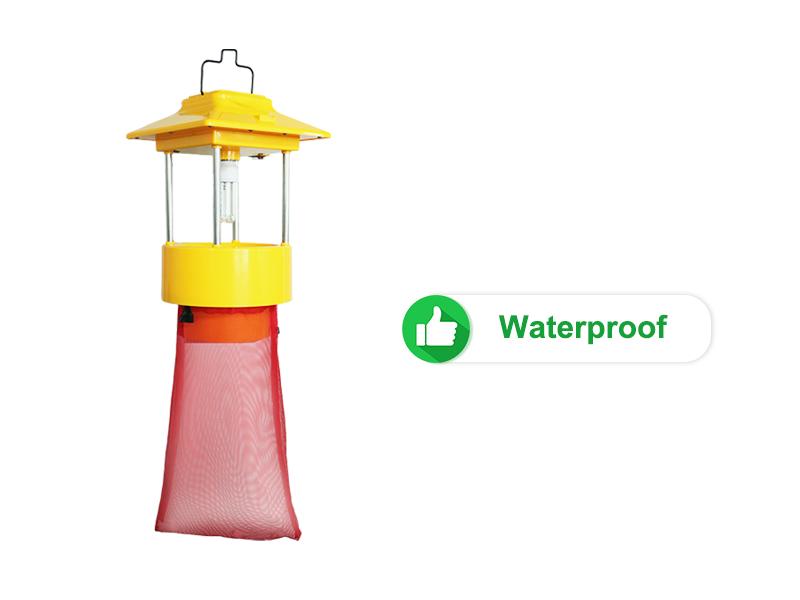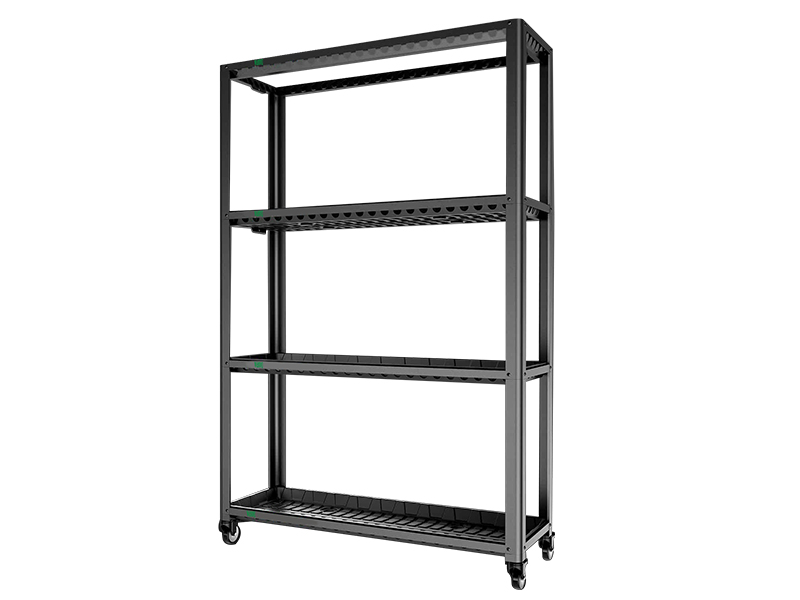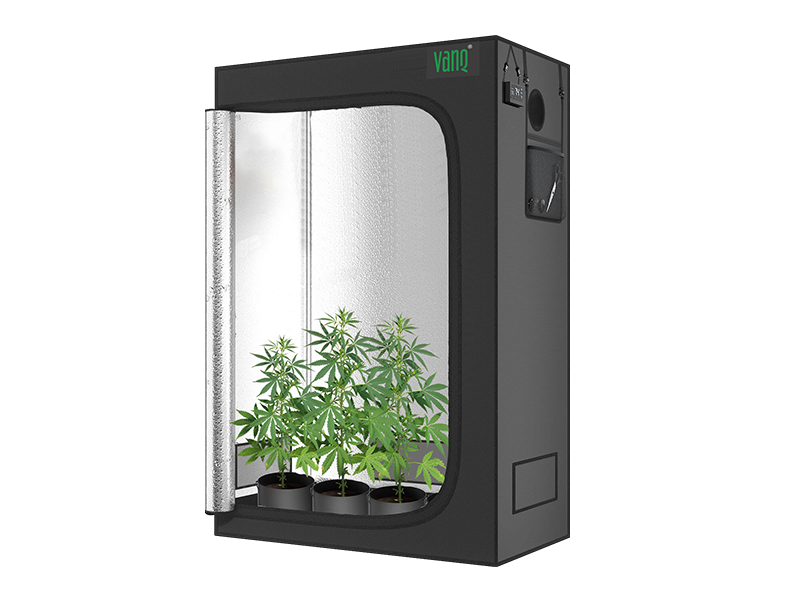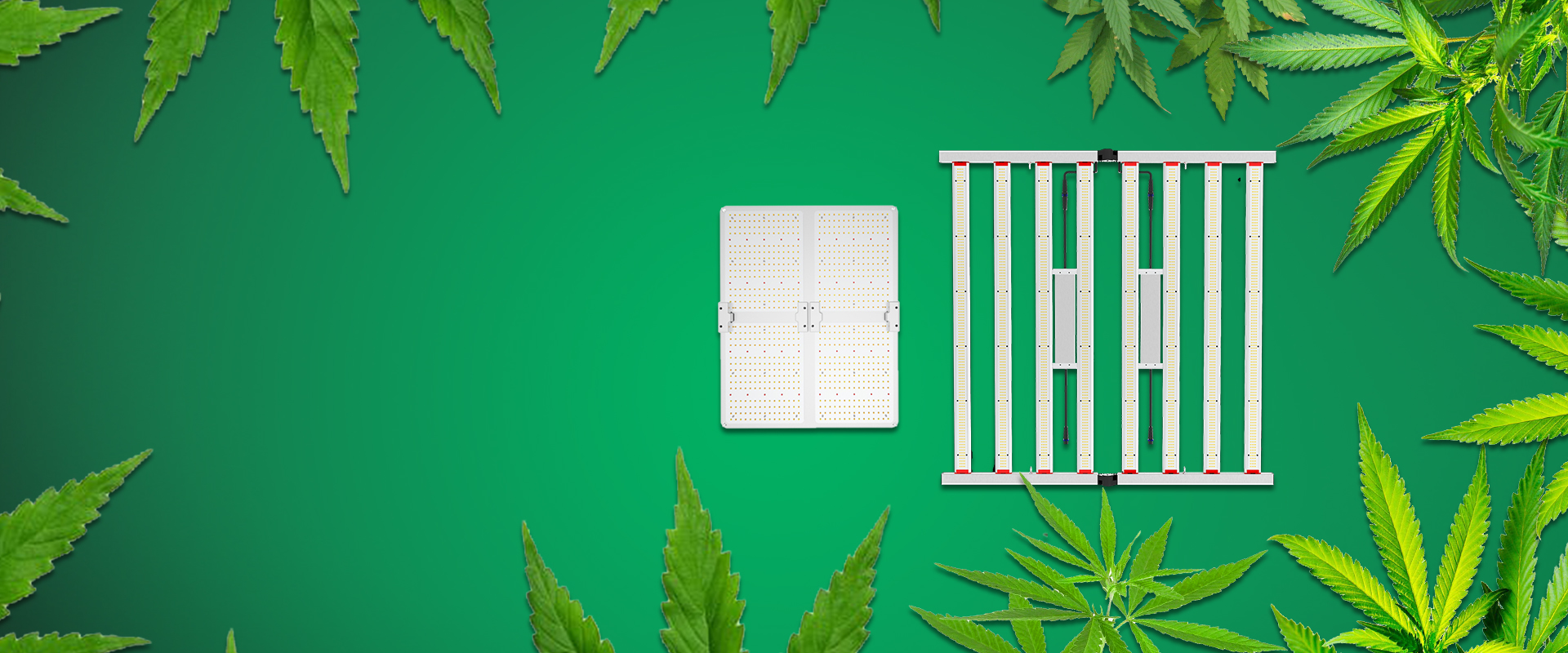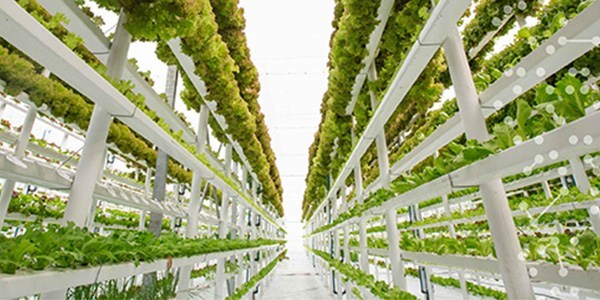
Stay Home, Stay Safe, Stay Alive.COVID-19
Coronavirus rages and causes factories to close, which also has a great impact on the logistics supply between cities. Therefore, for some large cities or cities that do not produce vegetables, it is more difficult for people to obtain enough fresh vegetables every day. of. In this case, vertical farms can effectively solve this problem.
UK accelerates construction of vertical farms to help people get food
Indoor farming technology with LED grow lights provider LettUs Grow is following the construction of two vertical farms in Bristol during the COVID-19 outbreak.
LettUs Grow anticipates that the first of the new vertical farm will be ready to produce fresh agricultural products from mid-April, and the farm’s commissioning will begin only ten days later. The second larger module will start in June.
The coronavirus outbreak has shone a spotlight on the fragility of the UK’s just-in-time food supply chain. The UK only produces 50% of the food it consumes, which leaves it vulnerable to shocks in the global supply chain. The closures and lockdowns enforced due to the pandemic, have created logistical bottlenecks that ripple across these lengthy chains.
“Because our farm modules can be deployed anywhere with an electricity and water supply, they are uniquely positioned to increase regions’food supply chain resilience by diversifying local food production.”
Urban Farming Flourishes In Coronavirus Lockdowns
Coronavirus lockdowns are pushing more city dwellers to grow fruit and vegetables in their homes, providing a potentially lasting boost to urban farming.
Panic buying in some countries during the crisis has led to empty supermarket shelves and an uptick in the purchase of seeds, according to media reports.
More people are thinking about where their food comes from, how easily it can be disrupted, and how to reduce disruptions.
People, planners and governments should all be rethinking how land is used in cities. Urban farming can improve food security and nutrition, reduce climate change impacts, and lower stress.
How Vertical Farm Work
As the spread of the global coronavirus epidemic poses challenges to the supply chain, vertical farms can help alleviate potential shortages, allowing some countries that rely on agricultural product imports to ease the pressure and fight the epidemic.
People Also Read



